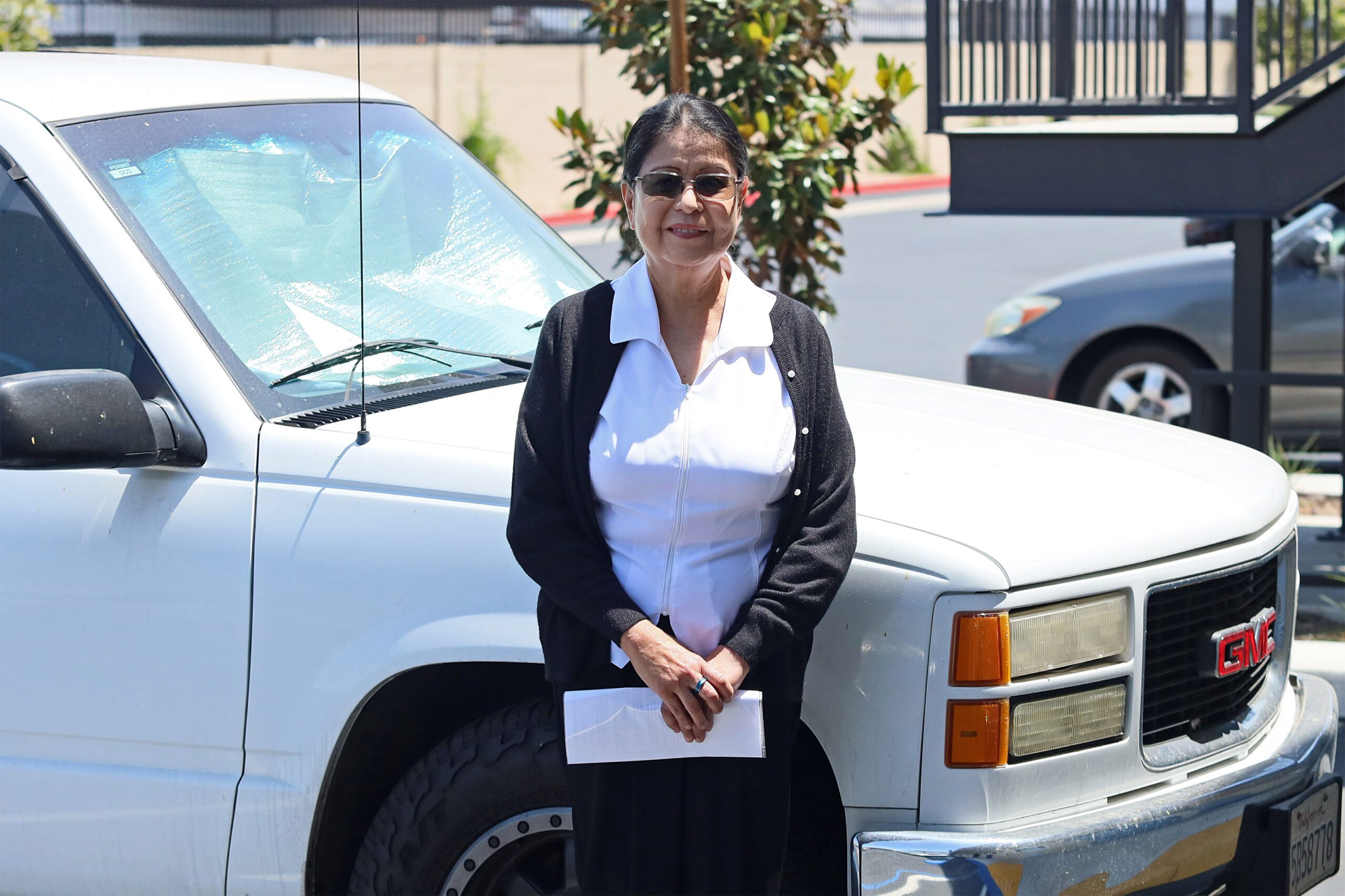CANNABIS CULTURE – From now until 2024, there’s a tight window-period whereby no South African child may be arrested, prosecuted, or diverted from society for possessing cannabis, and cannabis records of kids must be expunged, the country’s highest court has ordered.
There’s a caveat – the court’s verdict is not a laisse-faire license for kids to possess drugs, and
if parliament doesn’t create law to accommodate the court’s order, things may change. In 2019, four pupils at a school in Krugersdorp city in South Africa tested positive for cannabis during a routine school drug test. In the years that followed they were destined for prison and earning a criminal record. Last week South Africa’s constitutional court ruled that kids found in contact with cannabis can’t be put through the prosecution-to-prison system.
“It’s a landmark ruling,” says the mother of one 17-year-old boy who was slated for prosecution until last’s week judgment. The mother, the child, and the school cannot be named publicly by Cannabis Culture to guard the safety of the children.
Cannabis, kids, jail
Before the 29th September verdict in South Africa’s constitutional court, police and prosecutors were eager to bring criminal charges to kids who tested positive for cannabis, kids found in possession of raw cannabis, or kids merely found in a home where adults are trading cannabis without a license.
“Sections of South Africa’s Drug Act that criminalizes children’s use or possession of cannabis are unconstitutional,” ruled the South Africa constitutional court, the highest such court in the country. The court also ordered that children who have accumulated criminal records for cannabis possession must have their files deleted and that South Africa’s parliament has until October 2024 to re-write this judgment into law to effectively de-criminalizes kids’ contact with cannabis.
Instead, as an alternative, the court further directed police to funnel kids found using or possessing cannabis towards social services, healthcare programming, and educational- progress monitoring.
“It’s a thrilling judgment, knowing how in South Africa the cannabis-to-jail funnel brings children into contact with hard-core criminals in prison (rapists, robbers, etc.),” says Bongi Lobatse, a child advocate and attorney in Johannesburg (South Africa’s commercial capital) who was one of the lawyers monitoring the court process from the day the kids were arrested.
We prosecute kids and cannabis
Cannabis arrests are one of the biggest law enforcement categories of the South Africa Police Service. In 2017/2018, 323,547 were people arrested for drug-related offenses, according to the South African police service figures. 65% of those drug-offense arrests had got to do with cannabis.
“We don’t have the finer breakdown data of how many children are arrested every year in South Africa for being in contact with cannabis, but we are probably the highest prosecutor of kids and cannabis in the Africa continent,” Advocate Bongi Lobatse says.
Putting kids in prison even for a few days over cannabis contact has scary outcomes, says Margaret*, 55, whose then 17-year-old-son was detained in Johannesburg city after police found him relaxing in a house where adult music producers were smoking cannabis in 2019.
“Just a week in jail changed my son forever. He tells me in prison hard-core inmates made him fight in fist fights for ZAR300 ($17) bets. He’s aggressive to his younger sisters since release and has gone several rounds of behavior therapy,” Margaret says.
“And for what, for just being found where cannabis is? It was better if the police simply called social workers on him rather than try to prosecute him for something trivial, now legal, like cannabis.”
When asked about the effect that brief jail had on Margaret’s son, the South Africa Prison Service says it doesn’t comment on cases of past or present inmates so as not to fall foul of
South Africa’s data and privacy laws
“This is why this judgment which decriminalizes kids and cannabis presence is super important,” says Winile Dladla, a social worker in Johannesburg. “The constitutional court simply affirmed that South Africa has world-record crime; prisons are incubators for even more criminality, jailing kids in for something simple like weed risks turning a 17-year-old using hemp oil for health issues towards prison trauma and hard-core crime.”
It is myopic and a waste of taxpayer resources that South Africa’s prosecutors stubbornly clung to the approach that they must prosecute kids found in contact even when the High Court of South Africa derided such a stance, says Lobatse the child-rights attorney argues. In 2019, the High Court of South Africa long held the position that kids cannot be prosecuted for being in contact with cannabis because those risks doing deeper harm to them. When prosecutors continued with their stance of wanting to prosecute kids, the High Court referred the matter high up to the constitutional court which has now affirmed the high court’s stance that, indeed kids must not be prosecuted for cannabis-related issues.
“It was an expensive misguidance for South African prosecutors to want courts to agree with them that kids found near cannabis can be jailed,” says Lobatse the attorney.
Caution
Though children advocates have hailed South Africa’s constitutional court’s latest ruling on children and cannabis, the court’s order won’t apply to the use or possession of other drug substances by children or the criminal liability of kids who sell or buy cannabis or encourage other kids to do so. It doesn’t also apply to what happens to kids forced by adults (parents, gangs, guardians) to possess or trade cannabis, they say.
“I’m cautiously celebrating,” says Sozwana Bundo, a health rights attorney in Johannesburg who has been following the children’s court case but is not directly involved with litigation. “This good final judgment is good for kids but limited.”
“South Africa is the world’s most financially unequal country and millions of Black South Africans live in slums. What happens to kids forced by adults to trade street cannabis without a license to raise food, and tuition money? What happens to kids forced to smuggle cannabis because a gang is holding their parents’ ransom for unpaid debts? It’s important to ask because, after de- criminalization of cannabis possession in South Africa, questions of prosecution shouldn’t have made it to the highest court.”
But for Margaret*, the mother of the then 17-year-old boy who is now free of any prosecution baggage after the court’s ruling, first things are in order. “Next week I’m knocking at our local police station to have his cannabis criminal record expunged from police electronic databases. He has been turned down twice for training as a hospital nurse due to that sticking record,” he says of his son.
*Means name changed to protect children and parents identity in sensitive court cases.
Original Article










